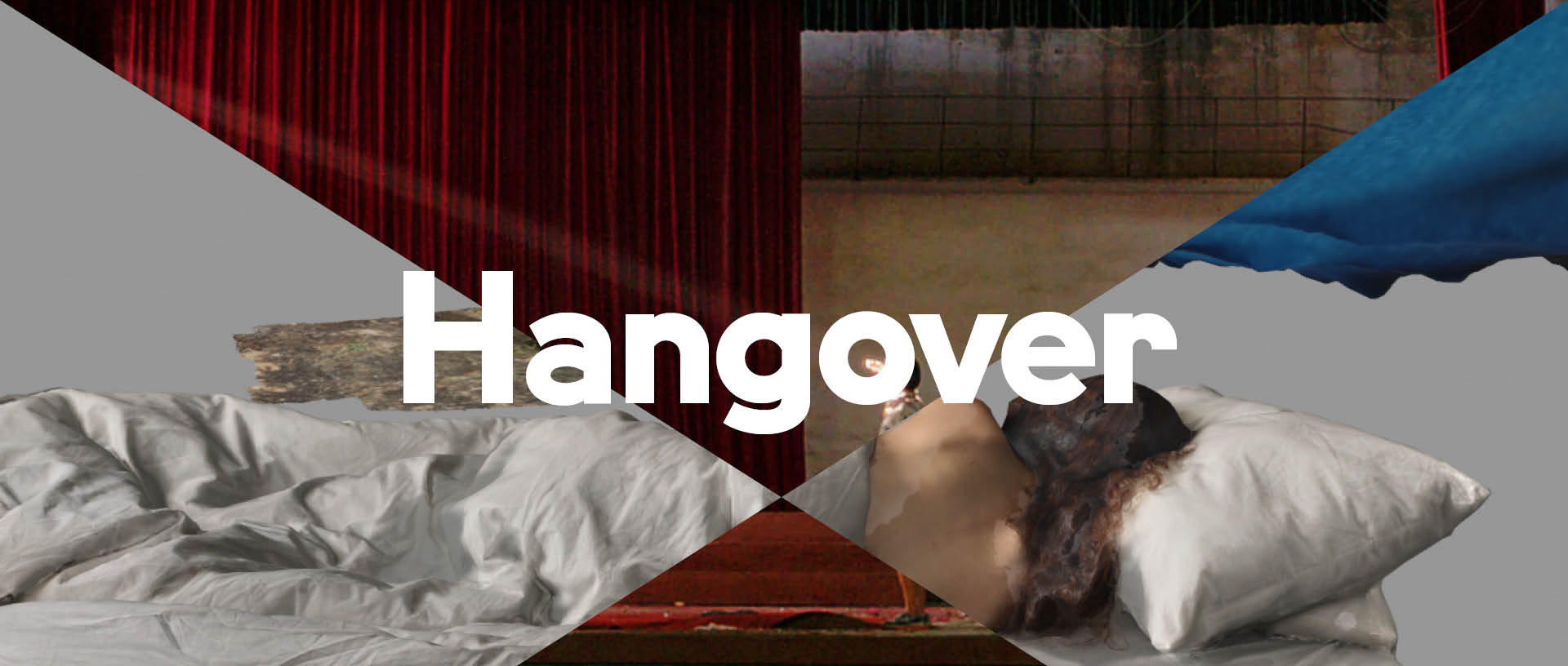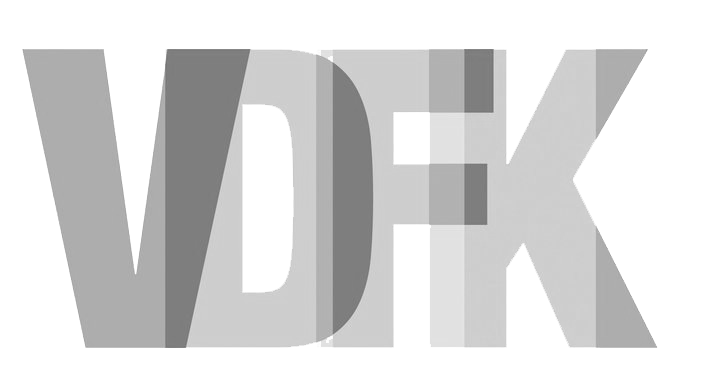19. Feb
20:00 Hackesche Höfe Kino19. Feb

HANGOVER
Sun, February 19th 2024 – 8:00 p.m. Hackesche Köfe Kino
Films:
DREAMS ABOUT PUTIN
TEDIOUS DAYS AND NIGHTS
Debate
A debate on political violence and loss of reality, based on two poetic films that are both attacks on art, through art. Our guests pose questions about taboo and (self-)censorship in Russia, Ukraine, China, and Berlin.
Guests include: Zhenming Guo, Nastia Korkia, Anna Narinskaya, Jinyan Zeng
DREAMS ABOUT PUTIN
D: Nastia Korkia, BEL/HUN/POR 2023, 30 min., Russian Original with English Subtitles – GP
Following the Russian invasion of Ukraine, a widely reported phenomenon of people dreaming about Vladmir Putin found a new life, with Russian citizens turning to social media to recount nocturnal encounters with their leader. In DREAMS ABOUT PUTIN, Nastia Korkia puts together a hypnotic anthology of such dreams, visualized as oneiric mindscapes using a 3D video-game engine. Are the interviewees dreaming, or are they being dreamt? A work perfectly reflective of a world of wars and generative AI, DREAMS ABOUT PUTIN offers a transfixing image of the psychosis of power. A bleak vision of a Russia trapped in a megalomaniac’s nightmare, in which even live-action footage of Putin’s macho outings acquires a profoundly surreal quality.
TEDIOUS DAYS AND NIGHTS
D, DOP: Zhenming Guo, C: Dekuang Zeng, Lu He, Dangsheng Guan, CHN 2023, 110 min., Chinese with English Subtitles – EP
In his old age, the poet Dekuang Zeng returns to his wife in his old hometown, which lies in the middle of a former coal mining area. Zhenming Guo accompanies him between ruins and a lack of prospects in his debut feature film and in the process depicts not only him, but also a whole group of Chinese artists and dropouts. They are all connected by traumatic memories of the Tiananmen massacre and frustration with the social constraints of life in a party dictatorship. In the decommissioned industrial site, their grand gestures of resistance fade away along with their melancholy and crude slogans – but not in the cinema, where Guo’s semi-fictional film poem develops a unique power.
